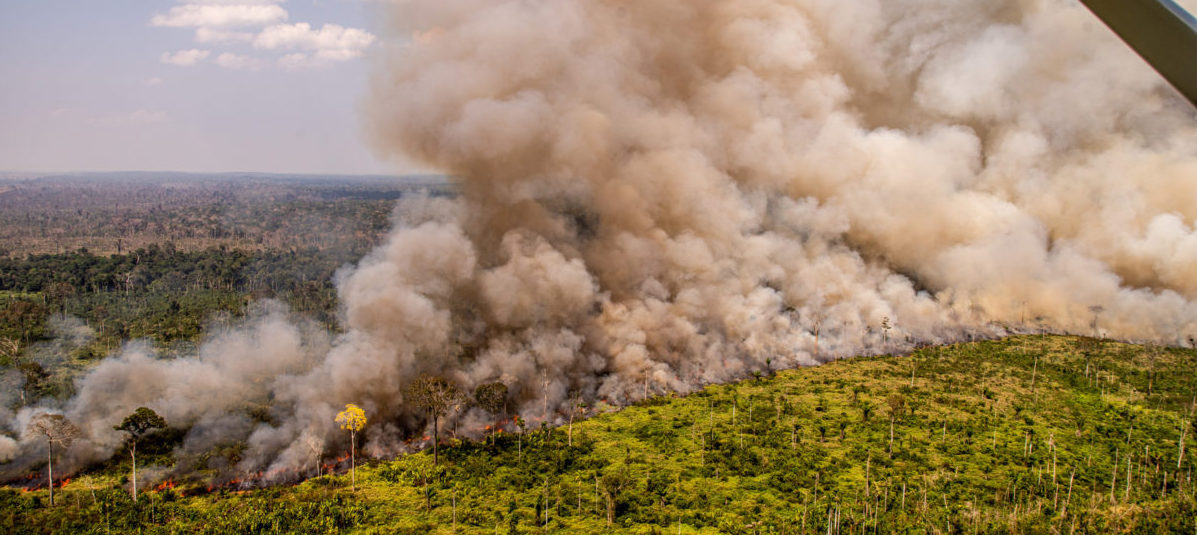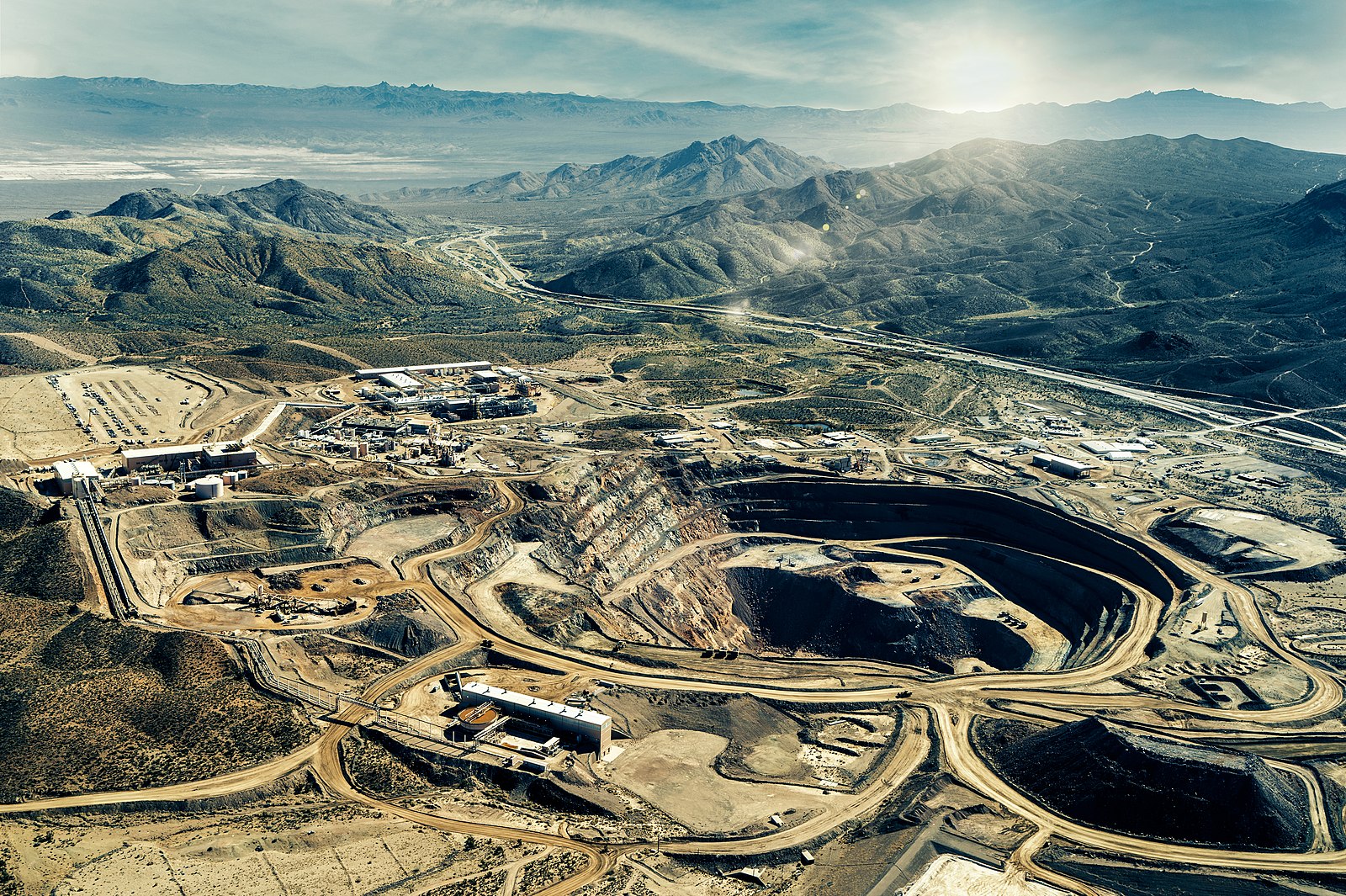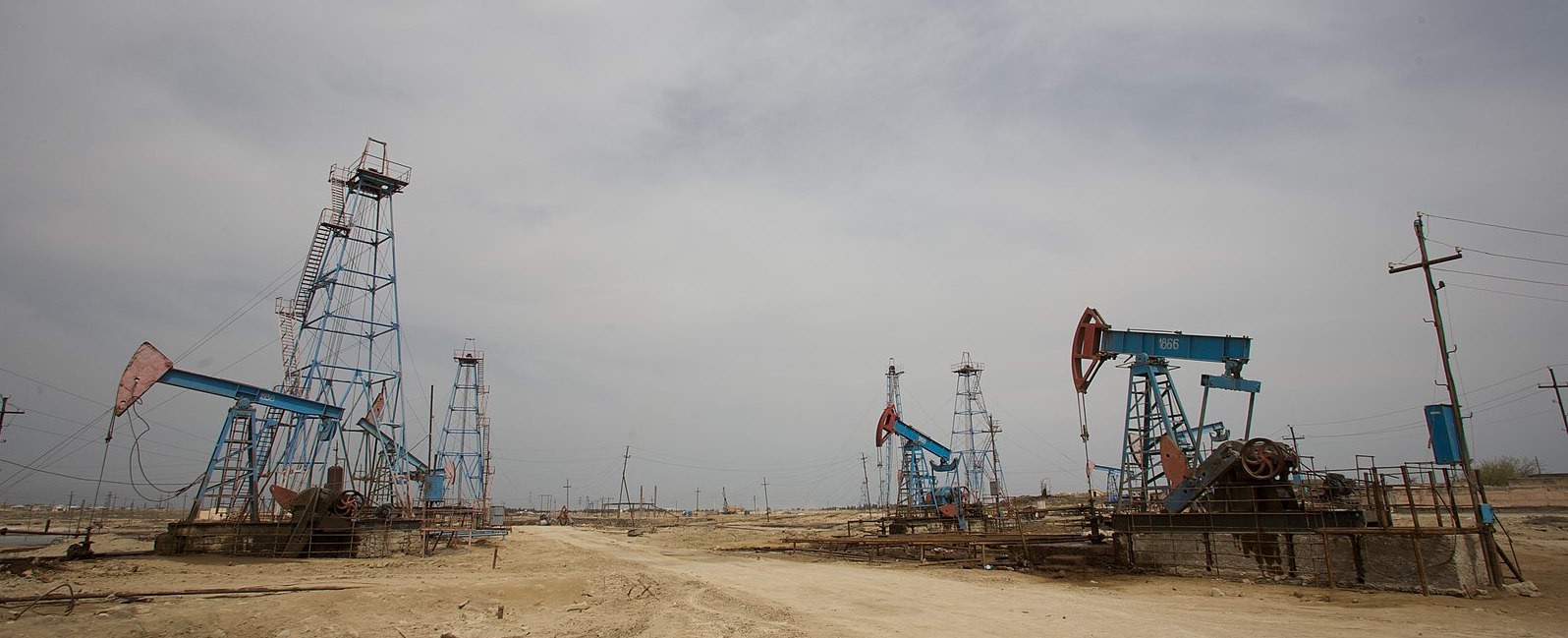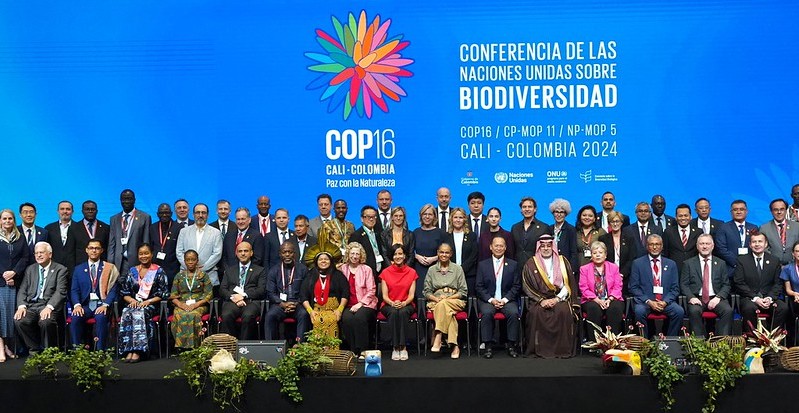
Podcast: in defense of dissident minorities
Amid the massive war crimes committed by Russia in Ukraine and Israel in Gaza, there are dissident Russians and dissident Israelis who are courageously protesting, and resisting the consolidation of a pro-genocide consensus. Recent violent and deadly attacks on perceived Israeli or pro-Israel human targets in the US meanwhile point to the dangers of the notion of collective guilt. In Episode 281 of the CounterVortex podcast, Bill Weinberg urges that dissident minorities must not be dismissed as irrelevant, but encouraged and offered solidarity. (Photo via Novaya Gazeta)













